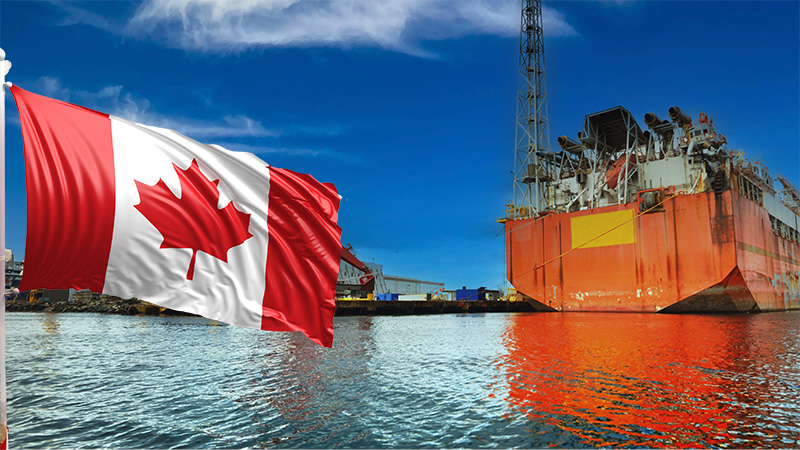
A tentative agreement has been reached by the International Longshore and Warehouse Union (ILWU) of Canada and the British Columbia Maritime Employers Association (BCMEA) following a two-week strike that disrupted supply chains.
The ILWU publicly displayed the support of all five union locals for the current deal on its Facebook page on July 30. These signatories included individuals who were instrumental in rejecting the first tentative agreement. On Tuesday of this week, another post announced a two-day vote to ratify the agreement, including today and tomorrow, August 3 and 4. Uncertainty continues to fuel apprehension among stakeholders, as the previous deal was rejected by union members last week.
Paul Brashier, vice president of drayage at ITS Logistics, emphasized the importance of maintaining supply chains, stating that their clients are already facing a two-month delay in product delivery.
The labor dispute has severely impacted Canadian ports and U.S. inbound trade, leading to over 16 canceled sailings to Canadian ports. This disruption has affected the profitability of railroads and trucking companies and caused significant supply chain delays.
The strike has already affected the revenues of railroad companies, with Canadian Pacific Kansas City estimating an $80 million loss.
The strike’s timing coincides with the retailers’ peak season, causing further complications. The American Apparel and Footwear Association estimates a six to eight-week supply chain disruption before conditions normalize.
As the labor actions continue, rail traffic from Canada into the U.S. has decreased for the third consecutive week, and the first two weeks of the strike prevented over 80% of rail trade from entering the U.S., with a further 12% decrease in trade this week.





